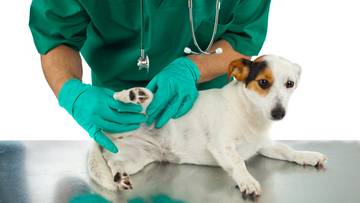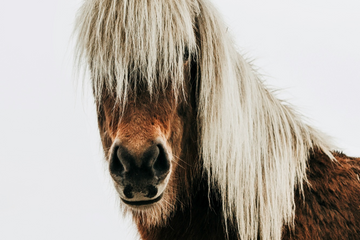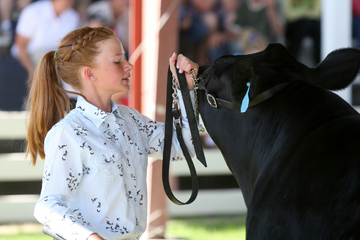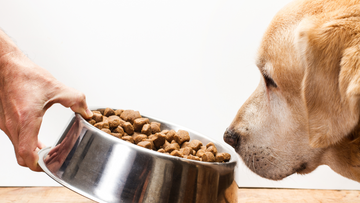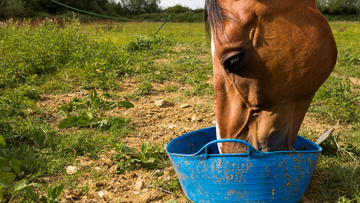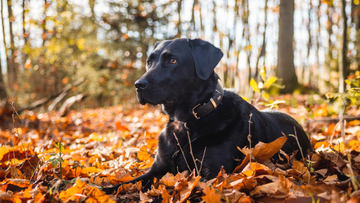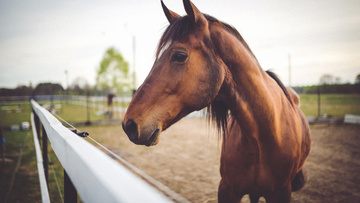 Dogs can develop allergies to anything, just like their owners. To develop the allergy, the dog must have been exposed to it in the past; this primes, or sensitizes, the body’s immune system to overreact. There are quite a few different types in dogs. Skin allergies, food allergies, and environmental allergens all pose challenges for dogs and their owners, and to make things more complicated, the symptoms of all these different types of allergies can overlap.
Dogs can develop allergies to anything, just like their owners. To develop the allergy, the dog must have been exposed to it in the past; this primes, or sensitizes, the body’s immune system to overreact. There are quite a few different types in dogs. Skin allergies, food allergies, and environmental allergens all pose challenges for dogs and their owners, and to make things more complicated, the symptoms of all these different types of allergies can overlap.
Blog
Canine Allergies
Allergies are a disease in which the immune system (the body’s protection system) reacts abnormally to substances such as fleas, pollen's, mold spores, mites, and certain foods. Allergies are an over-reaction of the dog’s immune system; specific white blood cells such as eosinophils also play a role in development of allergies. Antibodies are specialized cells of the immune system that protect the body from foreign invaders, such as viruses and bacteria. But sometimes these protective cells misrecognize harmless substances like dust, mold, or pollen as dangerous, and attack. The heightened response to these substances, called allergens, results in the allergy symptoms your dog suffers.
 Dogs can develop allergies to anything, just like their owners. To develop the allergy, the dog must have been exposed to it in the past; this primes, or sensitizes, the body’s immune system to overreact. There are quite a few different types in dogs. Skin allergies, food allergies, and environmental allergens all pose challenges for dogs and their owners, and to make things more complicated, the symptoms of all these different types of allergies can overlap.
Dogs can develop allergies to anything, just like their owners. To develop the allergy, the dog must have been exposed to it in the past; this primes, or sensitizes, the body’s immune system to overreact. There are quite a few different types in dogs. Skin allergies, food allergies, and environmental allergens all pose challenges for dogs and their owners, and to make things more complicated, the symptoms of all these different types of allergies can overlap.
 Dogs can develop allergies to anything, just like their owners. To develop the allergy, the dog must have been exposed to it in the past; this primes, or sensitizes, the body’s immune system to overreact. There are quite a few different types in dogs. Skin allergies, food allergies, and environmental allergens all pose challenges for dogs and their owners, and to make things more complicated, the symptoms of all these different types of allergies can overlap.
Dogs can develop allergies to anything, just like their owners. To develop the allergy, the dog must have been exposed to it in the past; this primes, or sensitizes, the body’s immune system to overreact. There are quite a few different types in dogs. Skin allergies, food allergies, and environmental allergens all pose challenges for dogs and their owners, and to make things more complicated, the symptoms of all these different types of allergies can overlap.





